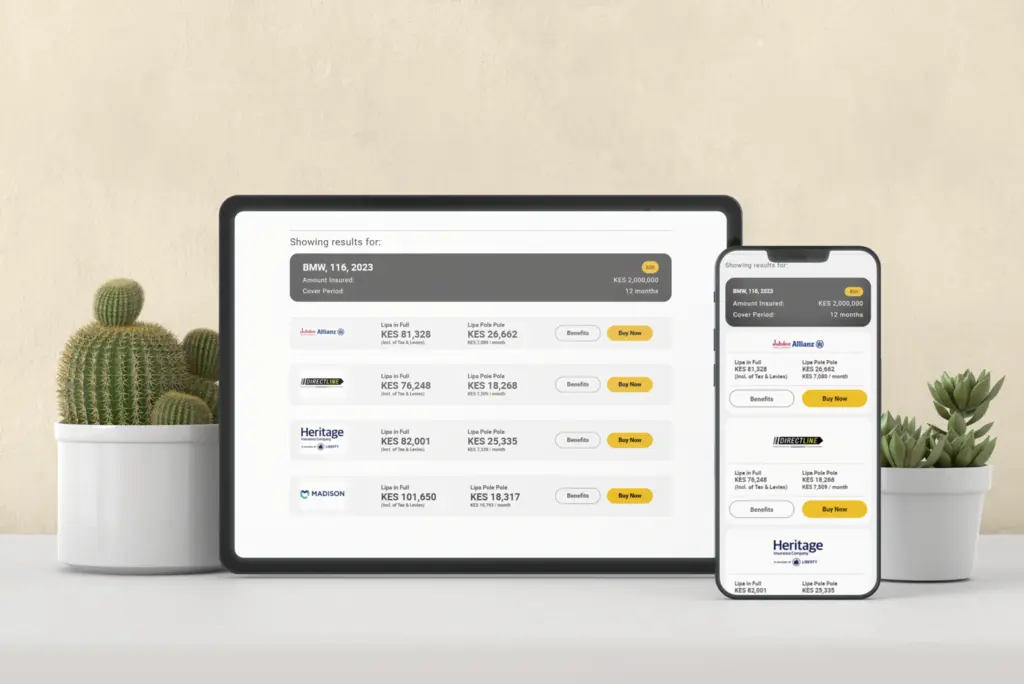CRM (Customer Relationship Management) technology can greatly transform sales and marketing processes and reduce operational costs in several ways:
Centralized Data Management: CRM allows businesses to store and manage customer data in a centralized database. This enables sales and marketing teams to access and analyse customer information easily, leading to a better understanding of customer needs and preferences.
Improved Lead Management: CRM systems provide tools to track and manage leads effectively. Sales representatives can track the progress of leads, prioritize them, and allocate resources accordingly. This helps in targeting the right prospects, increasing sales efficiency, and reducing the cost of acquiring new customers.
Enhanced Communication and Collaboration: CRM platforms offer features like shared calendars, task management, and communication tools. These facilitate better coordination between sales and marketing teams, ensuring they work together seamlessly. Improved collaboration leads to increased productivity and reduced operational costs.
Automation of Sales and Marketing Processes: CRM software automates various sales and marketing activities, such as lead nurturing, email campaigns, and follow-ups. This automation helps streamline processes, reducing manual effort, and minimizing the chances of errors. It also saves time and reduces operational costs.
Personalized Marketing Campaigns: By leveraging customer data stored in CRM systems, businesses can create personalized marketing campaigns. Segmentation and targeting based on customer preferences and behaviour result in more effective marketing strategies. This reduces wasteful spending on generic marketing efforts and increases the return on investment.
Improved Customer Service: CRM systems provide a comprehensive view of customer interactions and history. This enables sales and customer service representatives to provide personalized and timely support, leading to higher customer satisfaction and loyalty. Satisfied customers are more likely to make repeat purchases, reducing the cost of acquiring new customers.
Analytics and Reporting: CRM platforms offer robust analytics and reporting capabilities. Sales and marketing teams can analyse data to identify trends, measure campaign effectiveness, and make informed decisions. This data-driven approach helps in optimizing sales and marketing strategies, reducing costs, and maximizing revenue.
In summary, CRM technology can transform sales and marketing processes by centralizing data, improving lead management, enhancing communication, automating tasks, enabling personalized marketing campaigns, improving customer service, and providing valuable analytics. These transformations ultimately lead to reduced operational costs and increased efficiency and profitability.

